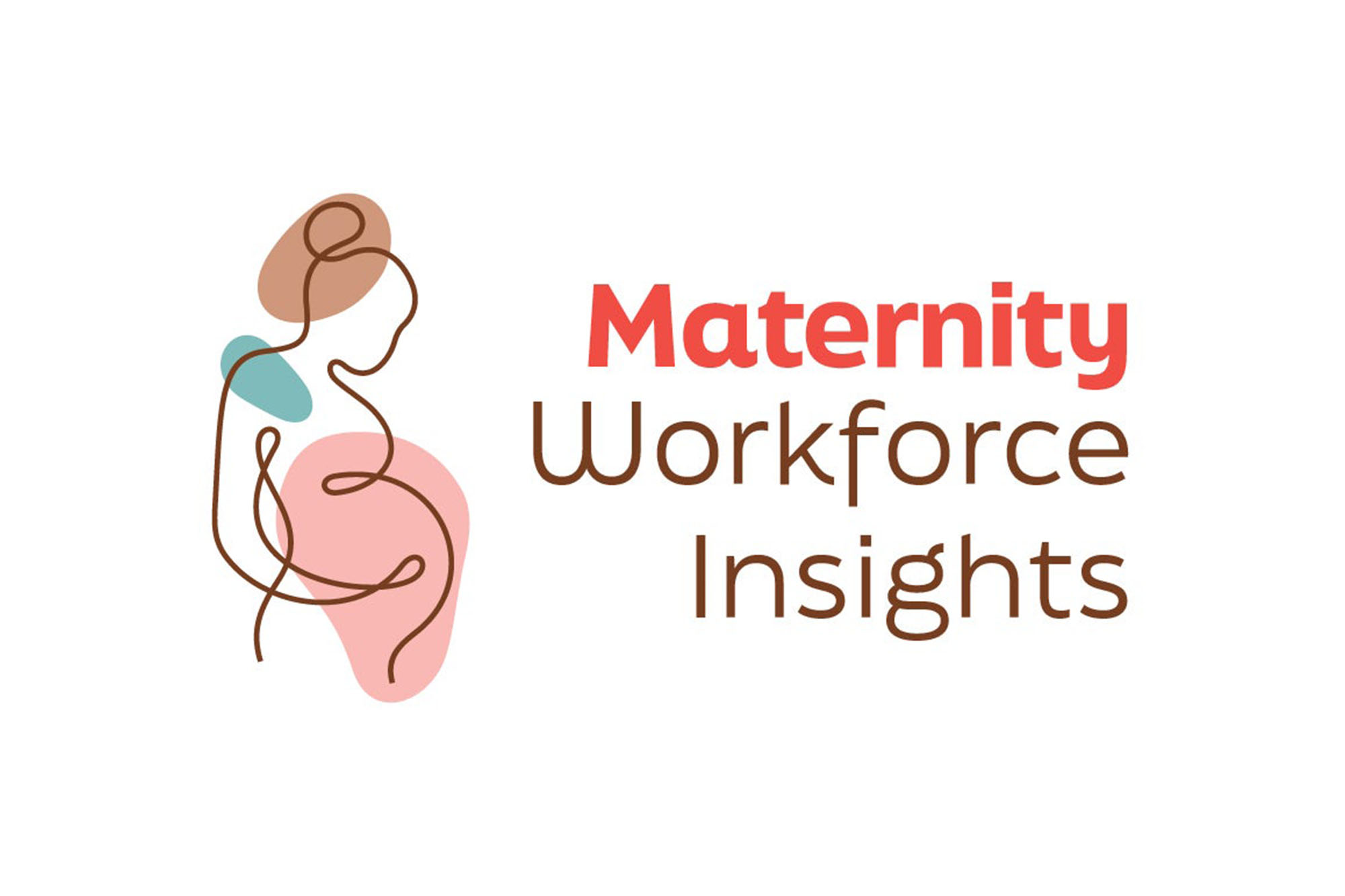View the Report
Jump to All Downloads & LinksChildbearing Women More Likely to Experience Symptoms of Anxiety Than Depression
Perinatal mood and anxiety disorders are the most common medical complications affecting women during pregnancy and after childbirth. These include prenatal and postpartum depression and anxiety and, in extreme cases, postpartum psychosis. Left undetected and untreated, these conditions can lead to negative health outcomes for the mother, and can negatively affect the mother-child bond and the child’s long-term physical, emotional, and developmental health.

Additionally, the financial cost of untreated maternal mental health conditions can be significant because they can lead to the use of unnecessary emergency care services and absenteeism at work.
The Listening to Mothers in California survey asked women two questions related to symptoms of anxiety1 and two questions related to symptoms of depression.2 In each case, women answered questions related to their mental health “during their recent pregnancy” and “over the last two weeks (postpartum).”
Takeaway
To help women with maternal mental health conditions get the help they need, they should be screened during pregnancy and after birth. Women diagnosed with a mental health condition should have access to appropriate treatment, counseling, or both.
Depression is widely recognized as a common maternal health issue. In this survey, however, respondents were more likely to report having symptoms of anxiety during their recent pregnancy (21%) than depression (11%) (p < .01). Similarly, when asked about the last two weeks (postpartum), 9% said they had symptoms of anxiety, and 7% said they had symptoms of depression (difference not significant). (While these screening tools can identify symptoms of anxiety and depression, a qualified clinical assessment is necessary to firmly diagnose these conditions.)
The differences between the two periods, prenatal and postpartum, could reflect a lessening of symptoms, the impact of counseling or treatment, the protective effects of breastfeeding, or any combination of these factors. The different time frames of the survey questions could have also had an impact; women were surveyed 2 to 11 months after giving birth about symptoms “during their recent pregnancy” and “over the last two weeks.”
Many Black Women Experience Symptoms of Anxiety and Depression
The survey found racial and ethnic disparities in the prevalence of anxiety and depression symptoms.
- During pregnancy, 30% of Black women reported symptoms of anxiety, compared to 22% of Latinas, 20% of White women, and 18% of Asian / Pacific Islander women.
- During pregnancy, 20% of Black women reported symptoms of depression, compared to 13% of Latinas, 10% of White women, and 8% of Asian / Pacific Islander women.
- In the postpartum period, 14% of Black women reported symptoms of anxiety and 10% symptoms of depression.

Most Women with Anxiety or Depression Symptoms Do Not Receive Treatment
Maternal mental health conditions are treatable. Unfortunately, most women who reported symptoms of anxiety or depression did not receive counseling or treatment, especially during pregnancy. Only one in five women who reported symptoms of prenatal anxiety or depression received counseling or treatment. Slightly more than one in three women who reported symptoms of anxiety or depression in the two weeks prior to the survey received counseling or treatment.
Notes
- How often were you bothered by: (1) feeling nervous, anxious, or on edge, (2) not being able to stop or control worrying? ↩︎
- How often were you bothered by: (1) little interest or pleasure in doing things, (2) feeling down, depressed, or hopeless? ↩︎
Authors & Contributors
Carol Sakala, PhD
Director of Childbirth Connection Programs at the National Partnership for Women and Families
Eugene R. Declercq, PhD
Boston University School of Public Health
Jen Joynt
Independent Consultant
Jessica M. Turon
Independent Consultant





